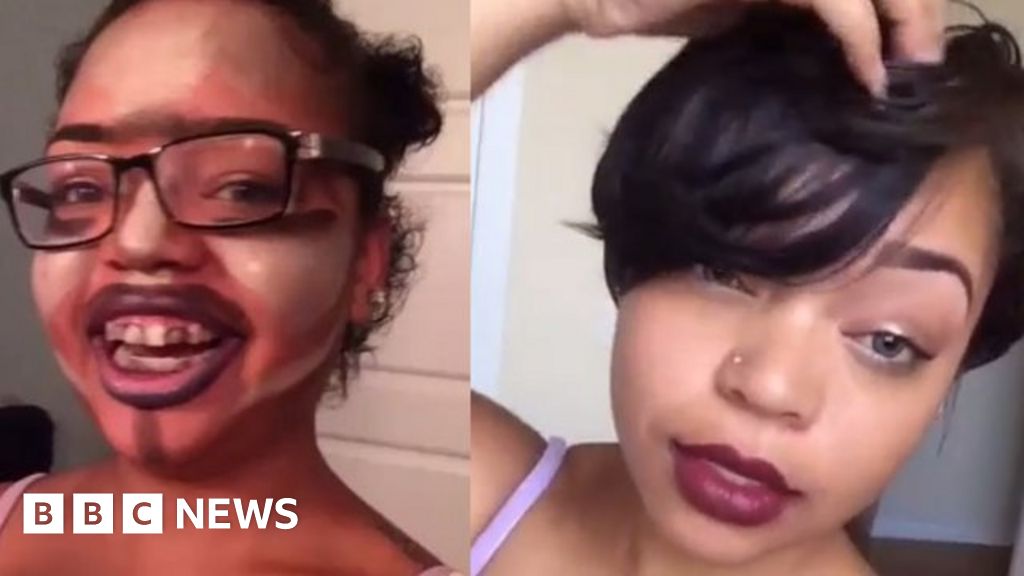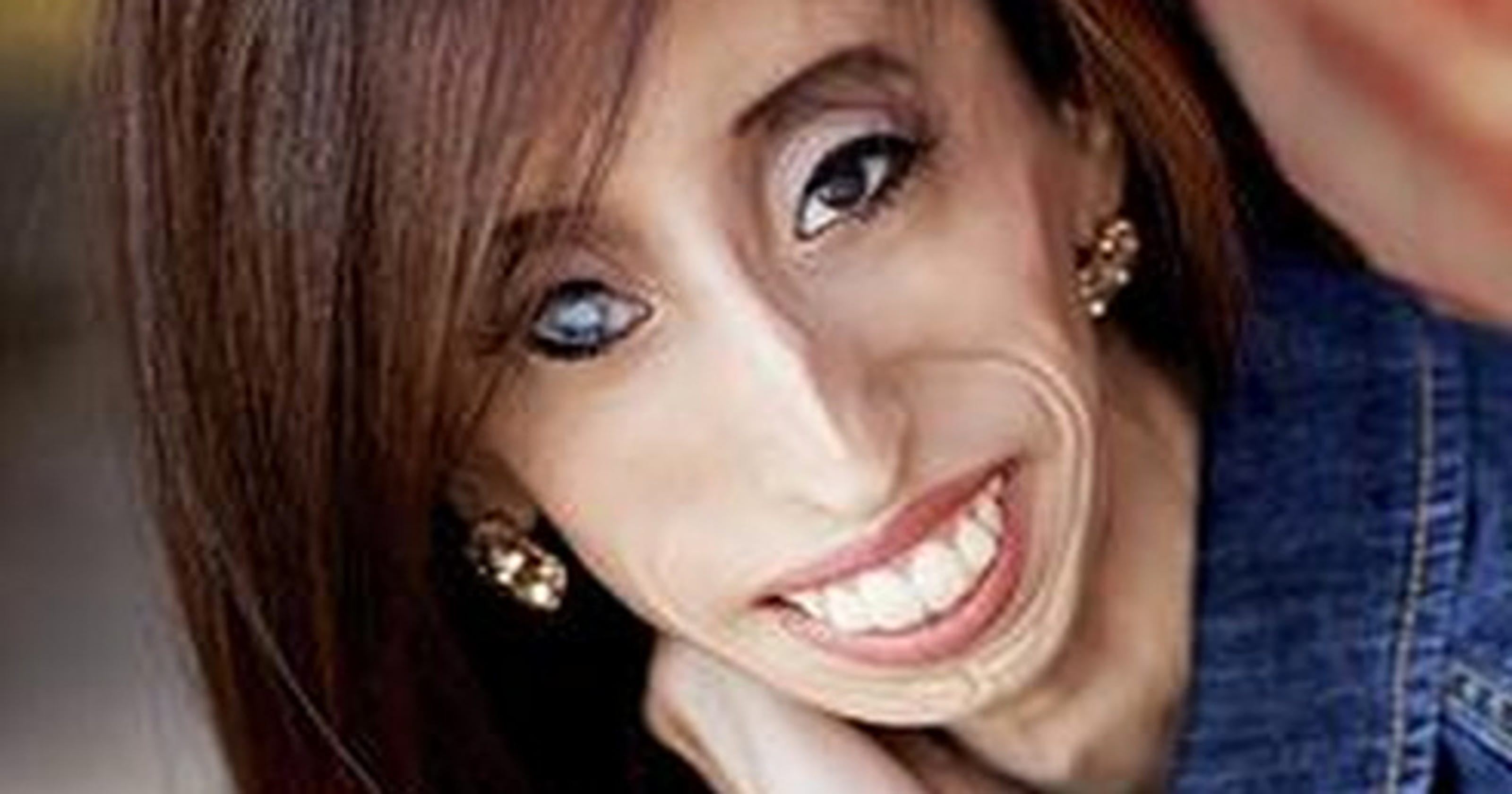Let’s talk about something that might make you squirm, but hey, we’re all curious—what’s the deal with the so-called "ugly person in the world"? It’s a phrase that gets tossed around, often in jest or with a hint of controversy. But before you roll your eyes or think this is just another clickbait, stick around. This isn’t about shaming anyone or perpetuating negativity. Instead, we’re diving into the concept of beauty standards, societal pressure, and the stories behind individuals who’ve been labeled as “ugly.” Spoiler alert: it’s not what you think.
You’ve probably seen those viral headlines or YouTube videos claiming to reveal the “ugliest person in the world.” But here’s the thing—ugliness isn’t just about looks. It’s about perception, judgment, and the way society chooses to define beauty. So, buckle up because we’re about to unpack this topic in a way that’ll make you rethink everything you thought you knew.
And don’t worry, this isn’t just another surface-level article. We’re diving deep into the history, psychology, and real-life stories of people who’ve faced this label. By the end of this, you’ll walk away with a fresh perspective and a newfound appreciation for the diversity of human experiences. Ready? Let’s go.
Read also:Unlocking The Secrets Of One Sales Your Ultimate Guide
Table of Contents
Introduction: The Ugly Person in the World
Myth-Busting: What Does "Ugly" Really Mean?
Biography: The Story Behind the Label
Societal Standards: Who Decides What's Beautiful?
Psychology of Perception: Why Do We Judge?
Real Stories: People Who’ve Been Labeled "Ugly"
Read also:Polka Dots Consignment Guilderland Ny The Ultimate Guide For Fashionistas
Media Influence: How Pop Culture Shapes Beauty
Overcoming Stigma: Lessons from Real-Life Heroes
Scientific Perspective: Genetics and Ugliness
Introduction: The Ugly Person in the World
Let’s start with the basics. The idea of an “ugly person in the world” isn’t new. It’s been around for centuries, evolving with changing societal norms and cultural influences. But what exactly does it mean to be labeled as “ugly”? Is it about physical appearance, or is there more to it?
In today’s world, where social media reigns supreme, the pressure to conform to beauty standards is higher than ever. People are judged not just by how they look, but by how they present themselves online. This has led to a rise in cyberbullying and body shaming, making the concept of “ugliness” even more complex.
So, who exactly is the “ugly person in the world”? Is it someone with a unique appearance, or is it a label unfairly thrust upon individuals who don’t fit societal norms? Keep reading to find out.
Myth-Busting: What Does "Ugly" Really Mean?
Let’s get one thing straight—“ugly” is a subjective term. What one person finds unattractive, another might find fascinating. It’s all about perspective. But here’s the kicker—society loves to create standards, and those who don’t meet them often get labeled as “ugly.”
Take a look at history. In ancient times, beauty was defined by symmetry and proportion. Fast forward to today, and beauty standards have shifted to include things like clear skin, perfect teeth, and a certain body type. But guess what? These standards are constantly changing, which means that no one is truly “ugly” by definition.
Here’s a fun fact: studies have shown that people who are perceived as “ugly” often possess traits that make them stand out in other ways. Maybe they have a unique sense of humor, or they’re incredibly talented. The point is, “ugly” is just a word—and words can be powerful, but they don’t define who you are.
Breaking Down Beauty Standards
Beauty standards vary from culture to culture, and what’s considered “ugly” in one place might be celebrated in another. For example, in some cultures, fuller figures are seen as a sign of beauty and prosperity, while in others, thinness is the ideal. It’s all about perspective, and it’s time we started embracing diversity instead of shaming those who don’t fit the mold.
Biography: The Story Behind the Label
Now, let’s talk about real people who’ve been labeled as “ugly.” One of the most famous examples is Lizzie Velasquez, a woman from Texas who was called the “world’s ugliest woman” in a YouTube video. Born with a rare condition called neonatal progeroid syndrome, Lizzie has faced countless challenges in her life, but she’s turned her experiences into a platform for positivity and self-acceptance.
| Name | Lizzie Velasquez |
|---|---|
| Age | 34 (as of 2023) |
| Condition | Neonatal Progeroid Syndrome |
| Profession | Motivational Speaker and Author |
| Notable Achievements | Author of "Be Beautiful, Be You" and TED Talk speaker |
Lizzie’s story is a powerful reminder that beauty isn’t just skin-deep. She’s used her platform to inspire millions around the world, proving that true beauty comes from within.
Societal Standards: Who Decides What's Beautiful?
Society has a funny way of deciding what’s beautiful and what’s not. From magazine covers to Hollywood blockbusters, we’re bombarded with images of “perfect” people every day. But here’s the thing—these images are often airbrushed, filtered, and Photoshopped to perfection. They don’t reflect reality.
Studies have shown that exposure to unrealistic beauty standards can lead to low self-esteem, body dissatisfaction, and even mental health issues. It’s no wonder so many people feel like they don’t measure up. But here’s the good news—more and more people are starting to speak out against these standards, advocating for inclusivity and diversity in media representation.
The Rise of Body Positivity
The body positivity movement has gained traction in recent years, with influencers and celebrities alike promoting the idea that all bodies are beautiful. Brands like Dove and Aerie have embraced this movement, showcasing real women in their campaigns and encouraging self-acceptance. It’s a step in the right direction, but there’s still work to be done.
Psychology of Perception: Why Do We Judge?
Let’s get psychological for a moment. Why do we judge others based on their appearance? It’s a complex question with no easy answers. Some experts believe it’s rooted in evolution—our ancestors were drawn to symmetrical faces because they were seen as a sign of health and fertility. Others argue that it’s a learned behavior, shaped by societal norms and cultural influences.
Whatever the reason, one thing is clear—judging others based on their appearance is harmful. It can lead to feelings of inadequacy, exclusion, and even discrimination. But here’s the thing—judgment is a two-way street. By choosing to see beauty in all its forms, we can create a more inclusive and accepting world.
Breaking the Cycle of Judgment
It’s not easy to break the cycle of judgment, but it’s possible. Start by practicing self-compassion—treat yourself with kindness and understanding, just as you would a friend. Next, challenge your assumptions about beauty. Look beyond physical appearance and focus on the qualities that truly matter, like kindness, intelligence, and empathy.
Real Stories: People Who’ve Been Labeled "Ugly"
Let’s hear from some real people who’ve been labeled as “ugly.” Their stories are powerful reminders of the resilience and strength that can come from facing adversity.
- Donna Hantman: A mother from Ohio who was called “ugly” by her own child after undergoing multiple surgeries for facial cancer. Instead of letting it break her, Donna used her experience to educate others about the importance of empathy and understanding.
- John Bobbitt: A man from Virginia who lost part of his face in a tragic accident. Despite the challenges he faced, John became an advocate for disability rights, using his platform to inspire others.
- Rosemary Cook: A British woman with a rare skin condition that caused her face to swell. Rosemary refused to let society’s judgment define her, choosing instead to live her life with confidence and grace.
Media Influence: How Pop Culture Shapes Beauty
Pop culture plays a huge role in shaping our perceptions of beauty. From movies to music videos, we’re constantly bombarded with images of “perfect” people. But here’s the thing—these images are often unrealistic and unattainable. They set us up for disappointment and make us feel like we’re not good enough.
But there’s hope. More and more creators are choosing to represent diversity in their work, showcasing people of all shapes, sizes, and backgrounds. Shows like “Pose” and “This Is Us” are breaking down barriers and redefining what it means to be beautiful.
The Power of Representation
Representation matters. When people see themselves reflected in media, they feel seen and validated. It’s a powerful tool for creating change and promoting inclusivity. So, the next time you watch a movie or listen to a song, take a moment to think about the message it’s sending. Are they promoting diversity and acceptance, or are they perpetuating harmful stereotypes?
Overcoming Stigma: Lessons from Real-Life Heroes
So, how do we overcome the stigma of being labeled “ugly”? The answer lies in education, empathy, and action. By educating ourselves and others about the dangers of judgment, we can create a more accepting world. By practicing empathy, we can learn to see beyond physical appearance and focus on what truly matters. And by taking action, we can make a difference in the lives of those who’ve been labeled as “ugly.”
Here are some actionable steps you can take:
- Challenge your assumptions about beauty.
- Practice self-compassion and encourage others to do the same.
- Support brands and creators who promote diversity and inclusivity.
- Speak out against body shaming and cyberbullying.
Scientific Perspective: Genetics and Ugliness
From a scientific perspective, “ugliness” can sometimes be linked to genetics. Conditions like neonatal progeroid syndrome, which affects Lizzie Velasquez, are rare but can cause physical differences that society often perceives as “ugly.” But here’s the thing—genetics aren’t the whole story. Personality, character, and life experiences play a huge role in shaping who we are.
Studies have shown that people with unique appearances often possess qualities that make them stand out in other ways. Maybe they have a great sense of humor, or they’re incredibly compassionate. The point is, beauty isn’t just about looks—it’s about the whole package.
Conclusion: Rethinking Beauty
As we wrap up this article, let’s take a moment to reflect on what we’ve learned. The concept of an “ugly person in the world” is flawed and outdated. Beauty is subjective, and it’s time we started embracing diversity in all its forms. By challenging societal norms and promoting inclusivity, we can create a world where everyone feels seen and valued.
So, what can you do? Start by practicing self-compassion and encouraging others to do the same. Support brands and creators who promote diversity, and speak out against body shaming and cyberbullying. Together, we can make a difference—one person at a time.
And remember, beauty isn’t just skin-deep. It’s about kindness, empathy, and the courage to be yourself. So, the next time you see someone who doesn’t fit society’s mold, take a moment to appreciate their uniqueness. You might just learn something new—and that’s beautiful in its own way.


